Chinese health authorities have issued a temporary ban on a surgical treatment for Alzheimer's disease that has been used in nearly 400 hospitals nationwide.
The decision came after experts warned of a lack of solid scientific basis for the technique's effectiveness and safety.
The surgical procedure described above is called lymphatic-venous anastomosis (LVA) which connects the patient's lymphatic vessels to veins near the neck to speed up lymphatic drainage.
The goal is to more quickly clear harmful proteins that build up in the brain — which are thought to contribute to neurodegeneration — and slow the progression of the disease.
After the first surgery in 2021 at a private hospital in Hangzhou, the technique has rapidly become popular, especially in the past year. As of the end of June, some 382 hospitals in almost every province in China had performed the method.
However, China’s National Health Commission stressed in a July 8 announcement that this is still only an experimental research direction, with unclear indications, contraindications, and “lack of high-quality medical evidence” to prove clinical effectiveness. Accordingly, the surgical method is banned from use in the treatment of Alzheimer’s disease until more research data is available.
The regulator did not rule out the possibility of allowing the rollout again if preclinical studies were convincing enough.
Following the new directive, several hospitals conducting clinical trials were forced to shut down. A doctor at the Affiliated Hospital of Guangdong Medical University said their study, which had been recruiting patients since late May, had been suspended since early July with “no clarity on when it can resume.”
Another doctor at Jilin University Second Hospital also shared that his team was asked to stop the project on June 28, right before the scheduled start of the intervention.
Since its announcement, LVA surgery has been promoted by some doctors on social media, claiming it is effective in “60-80% of patients.” Last December, Xiangya Hospital of Central South University reported that Dr. Tang Juyu’s team had performed more than 70 cases, observing “about 80% improvement in patients,” although Mr. Tang admitted that this was only a preliminary, qualitative assessment.
However, many experts expressed doubts about the mechanism of action and the sustainability of the results.
Dr. Fan Dongsheng, a neurologist at Peking University Third Hospital, warned that the scientific basis for explaining this method has not been fully studied, and “is not convincing enough at present.”
He also pointed out that reports of symptom improvement were largely based on subjective observations, not on accepted standards of evaluation. Dr. Fan welcomed the decision to halt the practice, calling it “clearly problematic” that hundreds of hospitals, including small ones, were using it widely and charging patients for it.
On social media, many people shared their concerns that their loved ones would lose access to treatment. One person in Liaoning wrote: “If the family agrees, I think we should still try it, because there are patients who are very sick, and their families are exhausted and desperate.” One man said that his father had improved significantly after surgery in March, could recognize relatives and take care of himself, so “if there is a chance, most families will still choose to try it.”
Meanwhile, Dr. Cheng Chongjie, who first introduced the procedure publicly in December, expressed support for the government’s decision. “I absolutely agree with stopping this technique,” he said in a video posted on July 10. “I think it should have been stopped a long time ago because there was no standard procedure.”
Mr. Cheng, who works at the No. 1 Hospital of Chongqing Medical University, said that treatment effectiveness is very uneven, with some places only reaching less than 30%.
He hopes this move will help the management agency develop standard procedures and coordinate with major hospitals to conduct high-quality, multi-center research for more comprehensive evaluation./.
Source: https://www.vietnamplus.vn/trung-quoc-dinh-chi-phuong-phap-phau-thuat-dieu-tri-alzheimer-pho-bien-post1049245.vnp






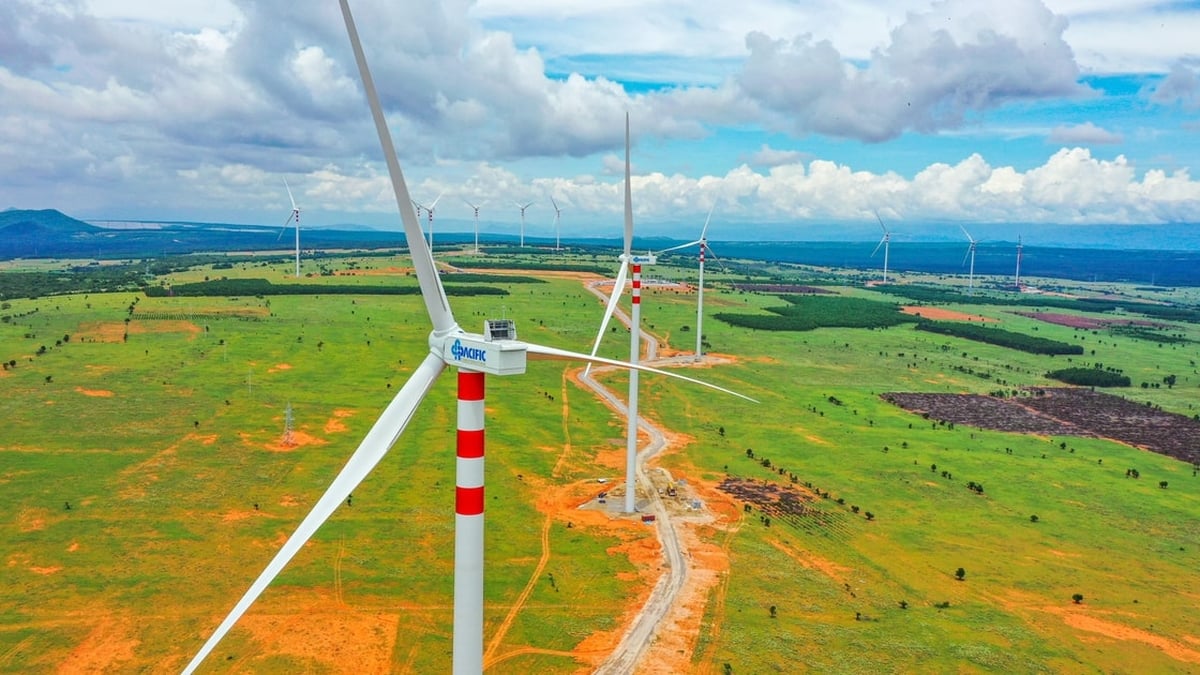


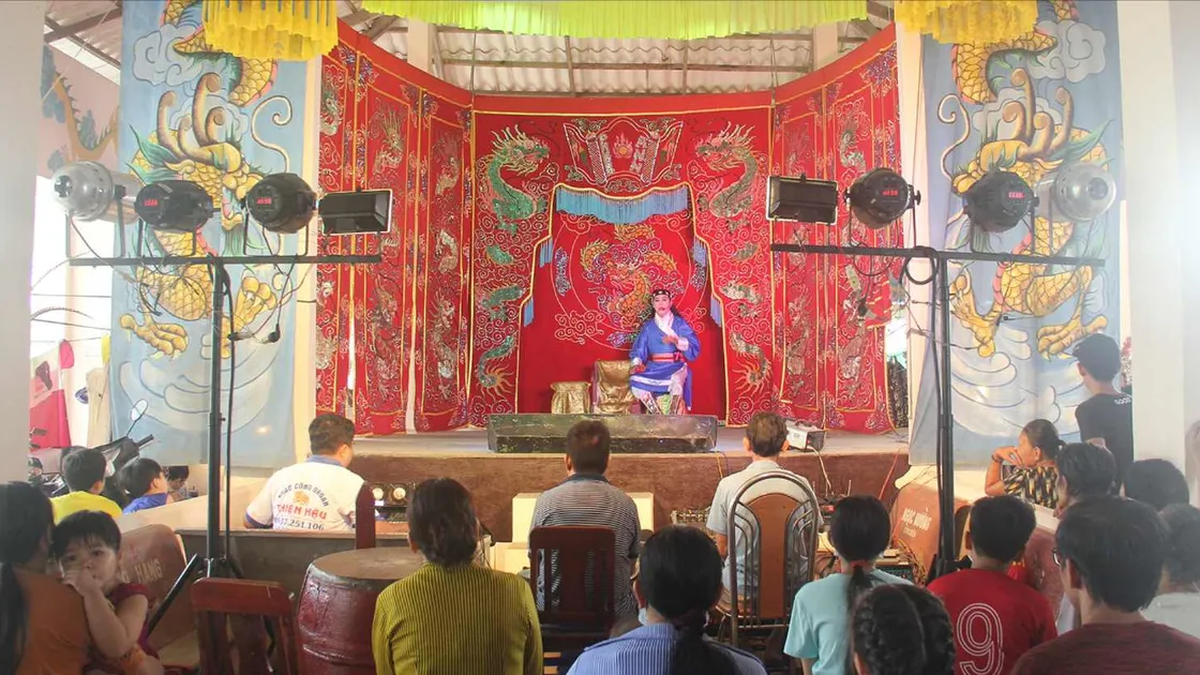
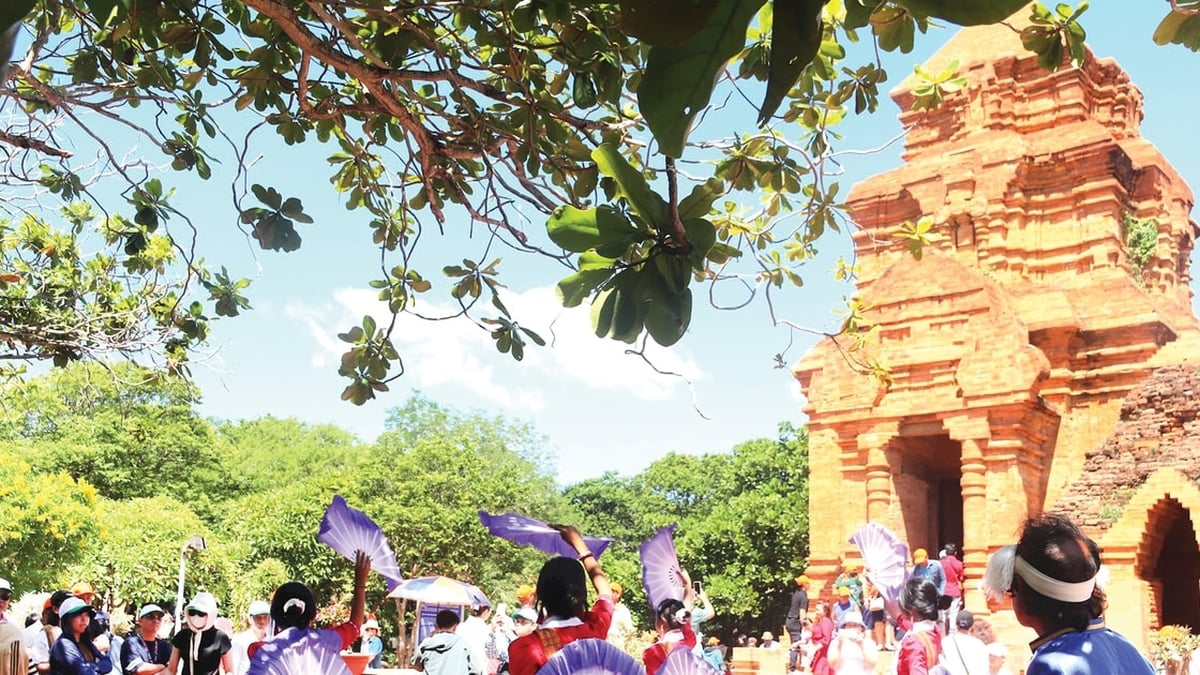








































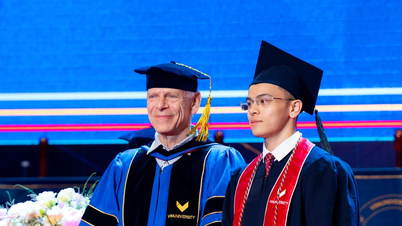









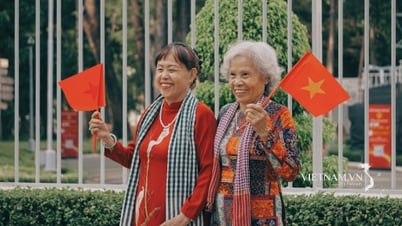









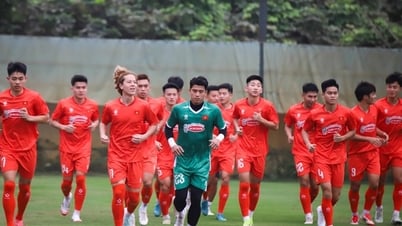



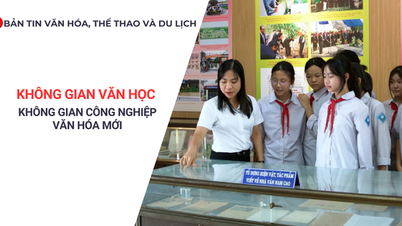
























Comment (0)